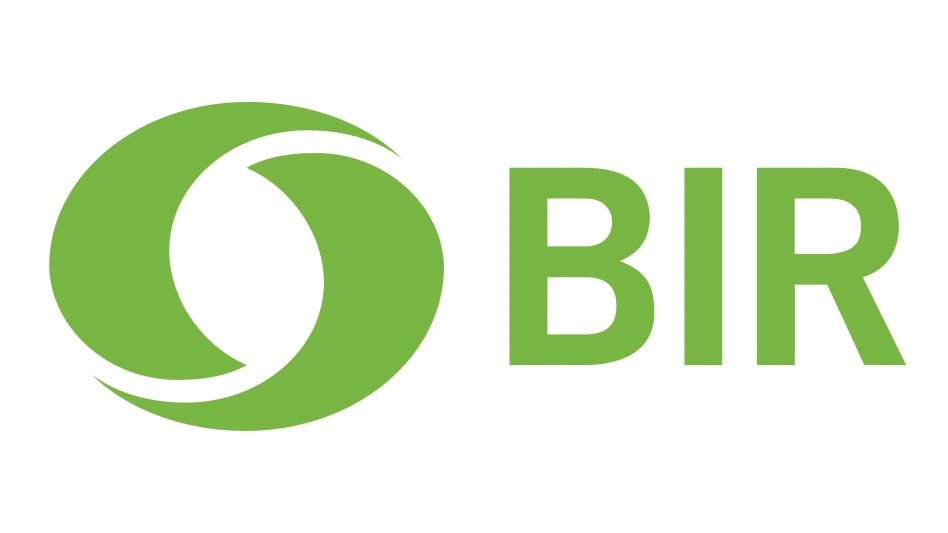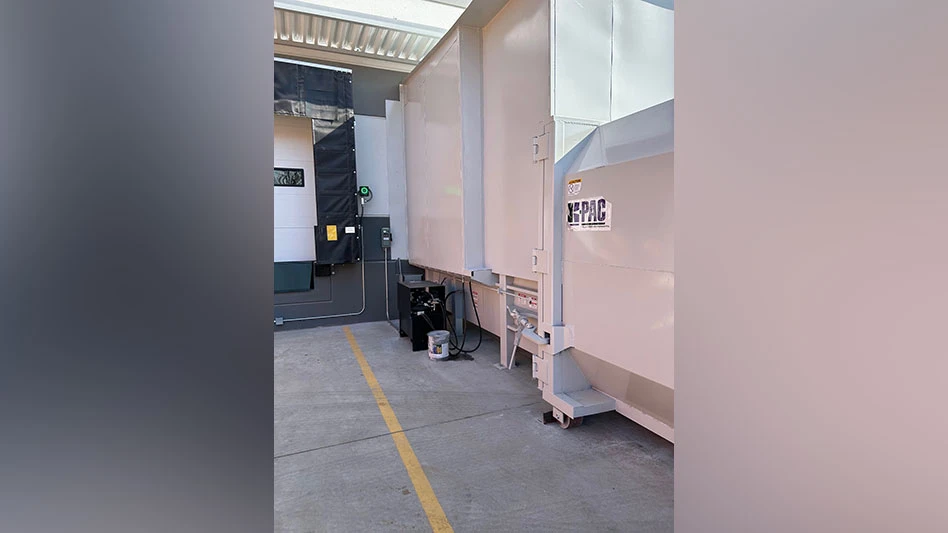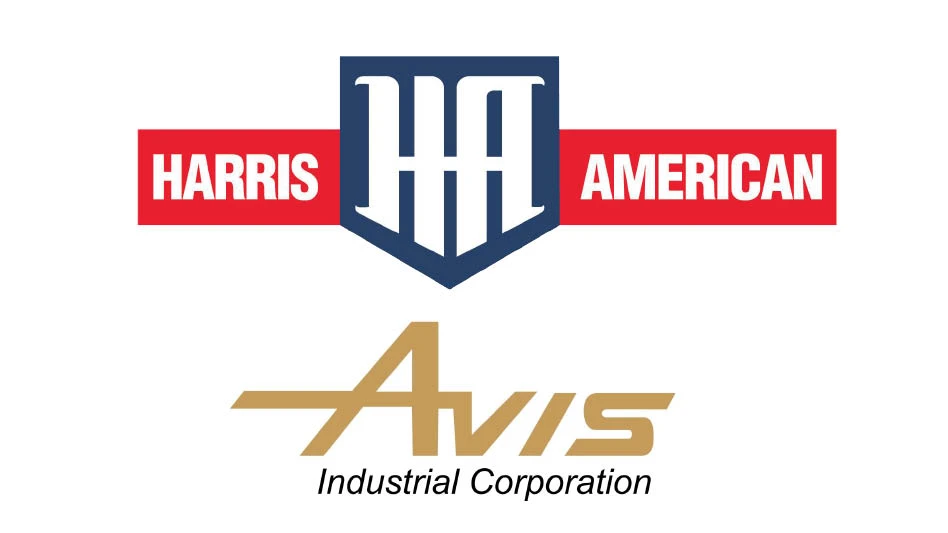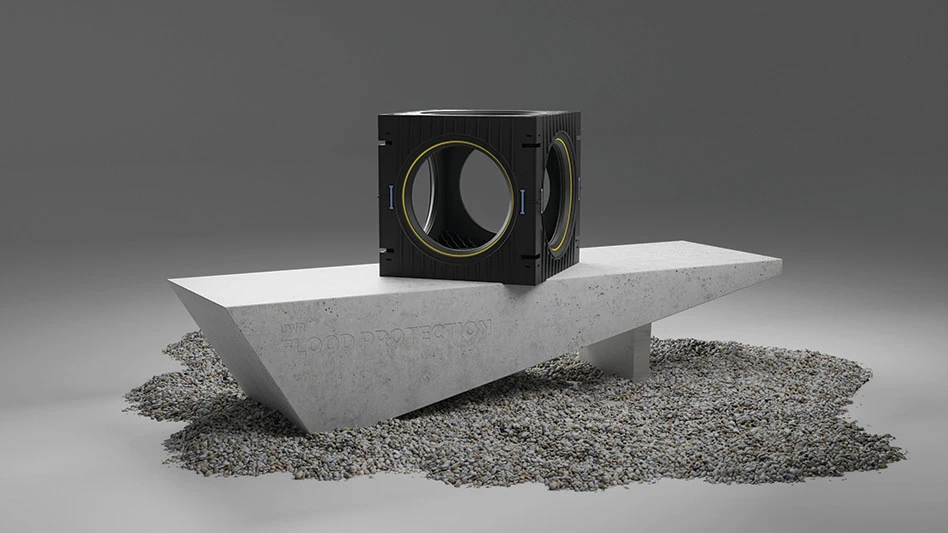
Image courtesy of the Bureau of International Recycling
In its latest position paper, the Brussels-based Bureau of International Recycling (BIR) says chemical recycling needs careful consideration and well-informed, market-based policies to ensure that it complements rather than competes with traditional recycling methods.
Additionally, BIR writes that mechanical recycling must remain the preferred method on a large scale, whereas chemical recycling should be used only for hard-to-recycle plastics at their end-of-life.
RELATED: BIR Convention: Investing in a changed plastic landscape
This position paper on chemical recycling follows shortly after one on extended producer responsibility (EPR), which BIR published in November 2023. Describing chemical recycling as “a nascent technology,” BIR urges caution in its development and calls for the introduction of a harmonized definition of chemical recycling that excludes fuel production.
BIR says chemical recycling processes are extremely energy-intensive and some that are currently available produce more greenhouse gas emissions than primary production using fossil fuels during the production process. “For these and other reasons, chemical recycling should be used only for materials that mechanical recycling cannot efficiently or economically process,” BIR writes.
The paper posits that chemical recycling should not be allowed to override the need for design for recycling, and policies should focus on eliminating hard-to-recycle plastics and on incentivizing the design of plastics for reuse or mechanical recycling, thus reducing the requirement for new resources. Furthermore, BIR writes that chemical recyclers should refrain from misusing mass balance accounting principles to fulfill recycled content objectives.
“A robust method for calculating the climate impacts of chemical recycling must be developed,” BIR Director General Arnaud Brunet says. “This should cover all emissions from the process, as well as overall energy usage and incineration of recovered hazardous waste. Furthermore, incentivizing the lower-carbon option of mechanical recycling would enable it to compete with lower-priced primary plastics and make the process more attractive for investment.”
In response to the publication of the position paper, BIR President Susie Burrage stresses the importance of conveying the industry’s key messages on issues related to recycling. “I am delighted that BIR dedicates resources to such important topics," she says. "I’m also extremely appreciative of the excellent collaboration with our national associations on this. It is vital that we continue to join forces in this way for the benefit of our members.”
She adds that BIR stands ready at all times to collaborate with policymakers and authorities in efforts to boost recycling rates and contribute to greater circularity.
Sponsored Content
Redefining Wire Processing Standards
In nonferrous wire and cable processing, SWEED balances proven performance with ongoing innovation. From standard systems to tailored solutions, we focus on efficient recovery and practical design. By continually refining our equipment and introducing new technology, we quietly shape the industry—one advancement at a time.
Sponsored Content
Redefining Wire Processing Standards
In nonferrous wire and cable processing, SWEED balances proven performance with ongoing innovation. From standard systems to tailored solutions, we focus on efficient recovery and practical design. By continually refining our equipment and introducing new technology, we quietly shape the industry—one advancement at a time.
Sponsored Content
Redefining Wire Processing Standards
In nonferrous wire and cable processing, SWEED balances proven performance with ongoing innovation. From standard systems to tailored solutions, we focus on efficient recovery and practical design. By continually refining our equipment and introducing new technology, we quietly shape the industry—one advancement at a time.
Sponsored Content
Redefining Wire Processing Standards
In nonferrous wire and cable processing, SWEED balances proven performance with ongoing innovation. From standard systems to tailored solutions, we focus on efficient recovery and practical design. By continually refining our equipment and introducing new technology, we quietly shape the industry—one advancement at a time.
Sponsored Content
Redefining Wire Processing Standards
In nonferrous wire and cable processing, SWEED balances proven performance with ongoing innovation. From standard systems to tailored solutions, we focus on efficient recovery and practical design. By continually refining our equipment and introducing new technology, we quietly shape the industry—one advancement at a time.
Sponsored Content
Redefining Wire Processing Standards
In nonferrous wire and cable processing, SWEED balances proven performance with ongoing innovation. From standard systems to tailored solutions, we focus on efficient recovery and practical design. By continually refining our equipment and introducing new technology, we quietly shape the industry—one advancement at a time.
Get curated news on YOUR industry.
Enter your email to receive our newsletters.
Latest from Recycling Today
- Enfinite forms Hazardous & Specialty Waste Management Council
- Combined DRS, EPR legislation introduced in Rhode Island
- Eureka Recycling starts up newly upgraded MRF
- Reconomy Close the Gap campaign highlights need for circularity
- Nickel carbonate added to Aqua Metals’ portfolio
- EuRIC, FEAD say End-Of-Life Vehicle Regulation presents opportunity for recyclers
- Recyclers likely to feel effects of US-China trade war
- BCMRC 2025 session preview: Navigating battery recycling legislation and regulations






